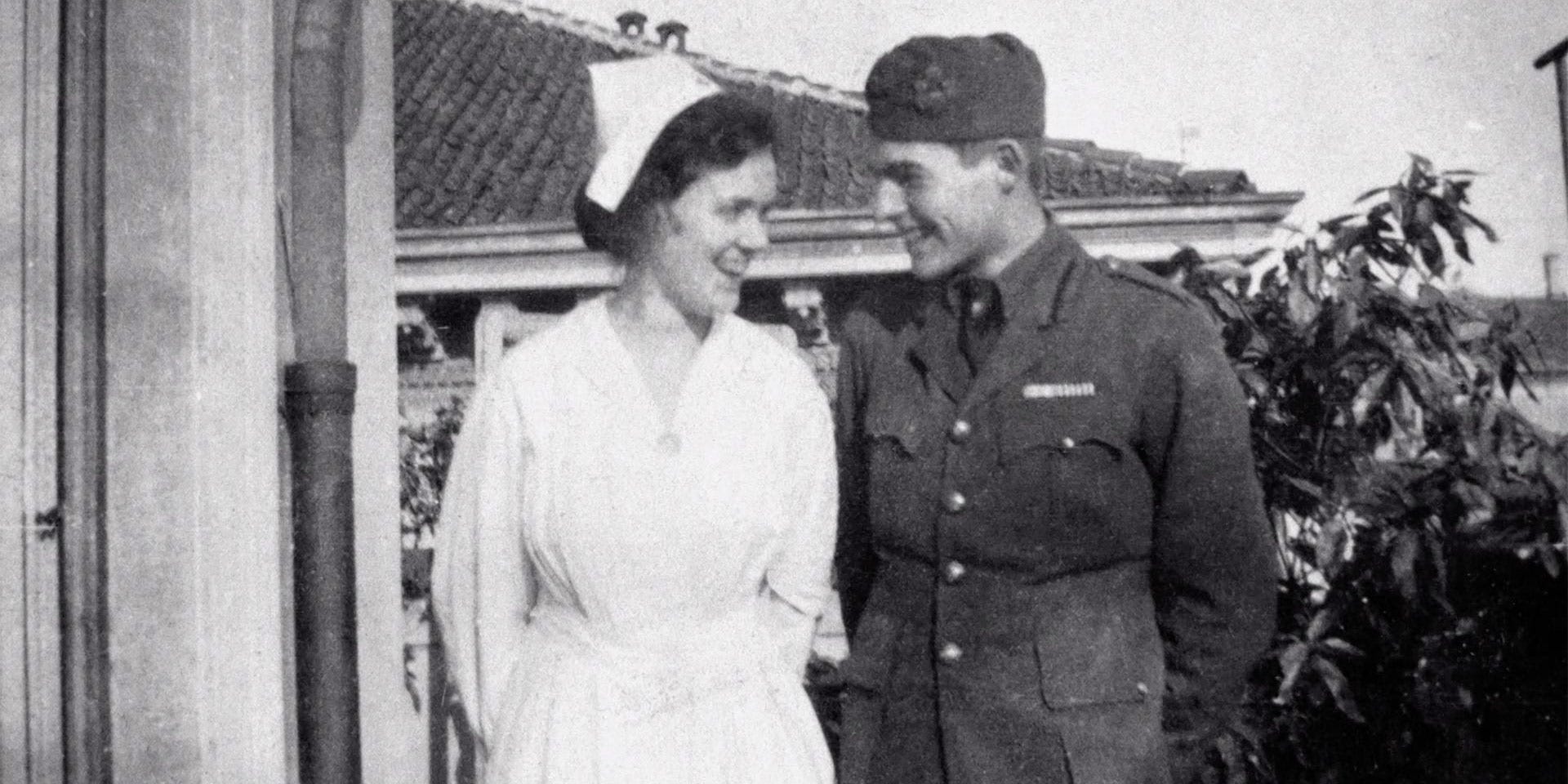✍️ Are You Avoidance Rewriting? What It Is and How to Fix It
or, How to Not Rewrite When You’re Writing

Hemingway was a perfectionist, but in a good way. (Which implies, of course, that there is a bad way to be a perfectionist.) I’ve always admired the time and effort he put into honing his style, relishingly and uncompromisingly striking out every adverb he could.
In 1958, he mentioned during a Paris Review interview with George Plimpton that he had rewritten the ending to A Farewell to Arms 39 times. I imagine some people thought he exaggerated. In fact, he wildly underestimated; a 2012 edition details 47 alternate endings. I haven’t read all of them, but at least one writer said she saw the ending evolve, which is much different than, say, writing four dozen completely different endings and choosing only one.
That’s an important detail. Hemingway rewrote the ending, over and over and over again until he got it to where he perceived it to be right. Yes, he did change some of the facts in those rewrites, but one central fact stayed the same (no spoilers here, so I won’t ruin it). For the most part though, he tightened and tightened and tightened the writing so that by the 47th draft, the missing parts weren’t missed at all, but suggested. It’s Hemingway’s Iceberg Theory at work. This is a good way to rewrite your work.
Which implies, of course, that there is a bad way to rewrite your work...
The Bad Way to Rewrite
Rewriting is not, in and of itself, a problem, as the above anecdote shows. But that’s not to say rewriting can’t become a problem. Like so many things in writing, sometimes it’s warranted and sometimes it’s because our fears or OCD or something else is kicking in.
Here’s how I know I’m idling rewriting as an avoidance tactic to doing some real work:
I focus too closely on the minutiae of the section during the first draft.
Research. Research! More minutiae to boot! Research is important, but if I’m noodling too long, something else is wrong.
When I scroll down to pick up where I left off, I can’t think of anything to say. I go back to re-read to pick up a thread... and never make it back.
I change one word or sentence. Then I cross it out and add another word. Then I cross out that word and go back to the original word. And so on.
Some or all of the above and/or other niggling ticks repeat over several writing sessions.
Avoidance Rewriting may lull you into a false sense that you’re improving your writing when actually you’re just spinning your wheels.
In other words, rewriting before you finish a complete draft then can be a symptom that something else might be going on. Are you stuck in the story and don’t know what to write next? Is something not working – a character or a plot point? Are you not really into writing today, but you’ve committed to a schedule, so you force yourself to muck around in the mud a bit?
If this wasn’t bad enough, Avoidance Rewriting can feed into something worse.
See, the thing about rewriting is that there is inherently the admission that there is something wrong with the piece. Intellectually, we can say of course something is wrong. Many things are wrong. It’s a first draft! But emotionally, we start finding rabbit holes to throw ourselves down. If there’s something wrong with the piece, maybe there’s something wrong with the writer. And if there’s something wrong with the writer, then... we’re off to the races with Imposter Syndrome neck and neck with Perfectionism and Not Quite Good Enough and maybe a Seattle Slew of other neuroses in the home stretch.
Like all things writing, I find it’s good to diagnosis the real problem before you move on. However, this step isn’t crucial. Sometimes, writing can actually help us find the specific issue, too.
Isn’t that neat?!?
Some Ideas for Writing through the Funk
Okay, we’re stuck for whatever reason. We recognize that we’re spinning our wheels with Avoidance Rewriting. Now what?
Write more stuff. Sometimes the easiest answers are the easiest to try: put your head down and keep writing regardless of the itch to rewrite. I’ve heard of meditation practices where you cannot stop even to swat a mosquito away. You have to sit there and literally feel the burn. Eventually though, you don’t feel the itch anymore. Do the same with your urge to rewrite – be comfortable with the uncomfortable and just push through it until it goes away.
Sign a contract. Tell yourself that you want to finish writing your first draft first before you start rewriting. Give yourself both a signing bonus and a completion bonus: ice cream, an extra hour of Netflix, a trip to Vegas – whatever will get your wagons moving westward-ho.
Turn off the monitor. I touch on this in my post, “Be the Million Monkeys”. The theory is, if you can’t see the words you’re writing, you can’t go back and read them – a crucial first step to Avoidance Rewriting. You’re allowed to just keep typing.
Sit and (gently) stew. If it’s something wrong with the story or characters or plot or theme or something not directly down to the quality of the writing, then take some time to figure out what that something is. You can write notes to yourself, outline the issues in a notebook, talk to a trusted friend – whatever it takes to find, fix, and move on from the problem.
Find accountability. You can ask someone to stay on you like a trainer at the gym (“Come on, maggot! Five hundred more words!) or join a writing group. I once started a blog to keep accountability while writing my first novel. Anything that will help keep the words flowing.
Walk away. If it’s not working and all attempts at writing are failing and you are at your wits’ end and you just can’t take it anymore, walk away. Hurley Winkler recently talked about this – and her added flourish of slamming down your laptop lid may just be the icing on top.
Side note: I often get stuck in my novel writing, and I must admit that it has stopped me from writing on occasion. But in my latest WIP, I’ve done a better job of just writing through it. A scene will pop into my head, and even though I’m not sure where it fits in the grand scheme of things, I write it anyway. I recently got myself unstuck by challenging myself to find a way to connect all the scenes I had into a pattern that makes sense as a whole.
Key Takeaway: Rewriting is important, but Avoidance Rewriting may be a symptom of something wrong with the story, the characters, your creative process, or...? In turn, this can lead to writerly fears that stop us from writing. You can take some time to find out what that problem is. You can also push through it and keep writing anyway. Not only do you keep getting words down, you just may find the answers you’re looking for.
Over to You: Are You Guilty of Avoidance Rewriting?
If so, what do you do to get out of it? Are you aware of it immediately or does it dawn on you with a slow sunrise of realization? Are you sick of my strained mixed metaphors? Let us know in the comments below!
I’ll leave you with Billy Crystal’s (somewhat awkward) appearance on Modern Family: all writing is rewriting. Scroll down for the video.
Until next time, keep writing with wild abandon!
~Graham
email me if you get lost.








Thank you Graham!! This feels familiar ;)
This may be the first time I've seen someone suggest turning off the monitor! Not an unreasonable idea -- tools like the classic Alphasmart provide a similarly hard-to-edit-while-writing interface. I'd probably accidentally type half a page into the google search bar, though!